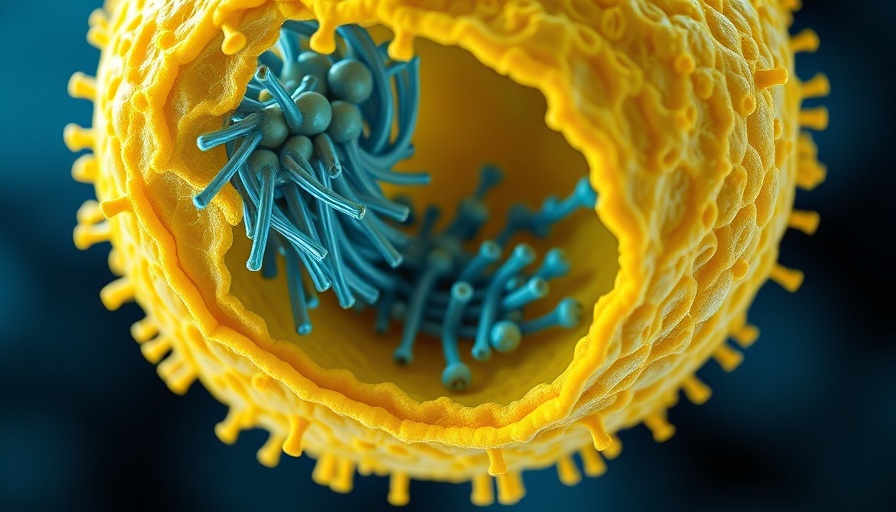
What is Aging and Why Does it Matter?
Aging is often debated among scientists, with various experts providing different definitions and frameworks to understand it. This leads to a crucial question: How can we combat aging without grasping its essence? A clear understanding of aging is imperative, much like understanding the virus behind COVID-19 was necessary for developing effective vaccines. Without a fundamental model, remedies might only address the symptoms but fail to tackle the root causes.
The Evolutionary Perspective on Aging
This article discusses a new model suggesting that aging evolved primarily to halt the spread of chronic pathogens. According to this perspective, aging was not just an arbitrary process but a necessary evolutionary adaptation to protect populations from widespread infection. This aligns with findings from studies on eusocial insects, where different castes experience varying rates of aging due to the ecological pressures they face.
The Importance of Building a Scientific Paradigm
To effectively approach aging, a robust scientific paradigm needs to be constructed. Currently, many researchers focus solely on cellular mechanisms, which can lead to convoluted models that avoid addressing the overarching questions of aging. Instead, researchers should prioritize understanding aging in the context of ecological systems—how it evolved and the purposes it serves. This shift in perspective could clarify many mysterious phenomena associated with aging, such as extreme longevity in certain species.
Counterarguments and Diverse Perspectives on Anti-Aging Research
While some scientists may hold on to traditional mechanistic models of aging, it's essential to question their effectiveness. Exploring aging through evolution can offer more expansive insights, potentially leading to breakthroughs in longevity science. This approach invites researchers to challenge existing theories about aging and strive for a more accurate representation of its underlying processes.
Implications for Health and Longevity
Understanding the evolutionary aspects of aging could lead to innovative anti-aging strategies that impact healthspan—allowing individuals to live not just longer but healthier lives. This insight is particularly crucial for health-conscious individuals aged 30 to 55, as finding ways to enhance vitality becomes increasingly important during these years. Advancements in longevity research could offer practical insights that help you integrate into your life today, from dietary changes to innovative supplements.
Join the Conversation! As we delve deeper into the interplay between aging and the immune system, it is essential to keep up with the latest aging research and discoveries. Stay informed about anti-aging breakthroughs and embrace a lifestyle that prioritizes longevity. Incorporate longevity science news into your routine and explore health strategies today!
 Add Row
Add Row  Add
Add 




 Add Row
Add Row  Add
Add 


Write A Comment